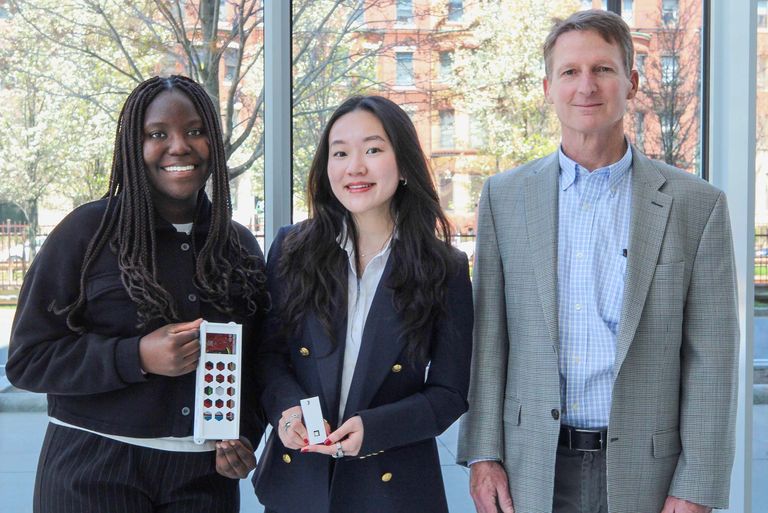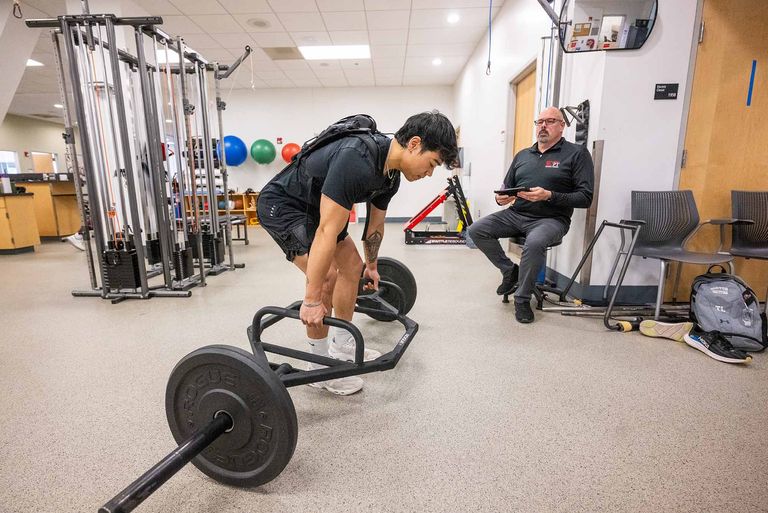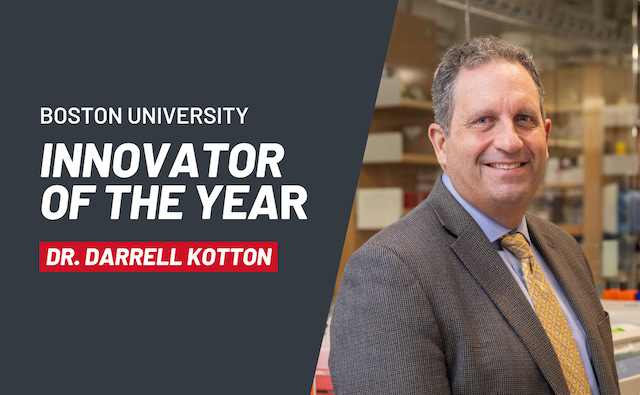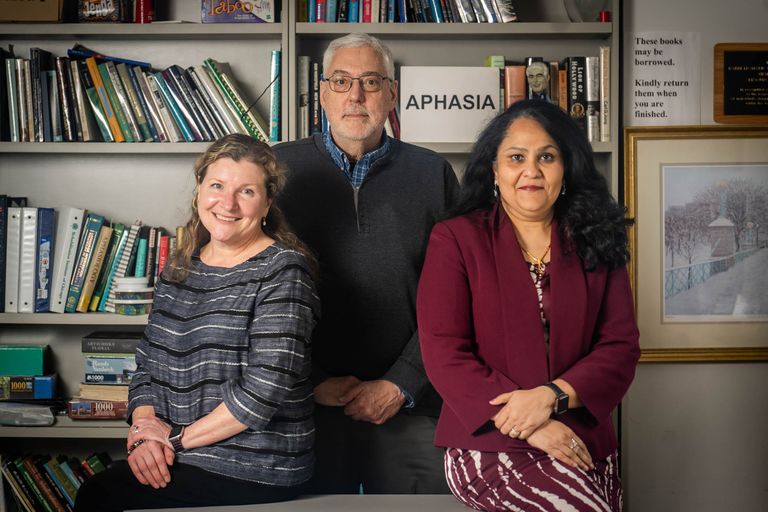BU Students Win Janetos Climate Action Prize for Uncovering Air Quality Gaps Between Old and New Campus Buildings
Using student-designed, low-cost sensors, the team hopes to help improve classroom air quality
Researchers at Boston University are applying engineering methods and problem solving to the human body to improve lives. This includes biological engineering, or the building of biological systems—from biomolecules to cells, tissues, organs and even multi-organ systems—to understand how they function and to perform new functions not found in nature with the potential to revolutionize human health.

Using student-designed, low-cost sensors, the team hopes to help improve classroom air quality

A robotic exosuit trial is the latest research coming out of the BU Physical Therapy […]

New study to look for potential biomarkers of progressive brain disease; former NFL quarterback Matt […]

Other research news, stories, and tidbits from around BU, including an AI system for detecting […]

Regenerative medicine researcher is recognized for his work in pioneering lung disease treatments with stem […]

The Biothreats Emergence, Analysis and Communications Network (BEACON) is slated to become a global hub […]

Brain-inspired algorithm could improve word recognition accuracy in noisy situations by up to 40 percentage […]

Treatments, informed by research, make BU and Sargent College a leader in combating the neurological […]